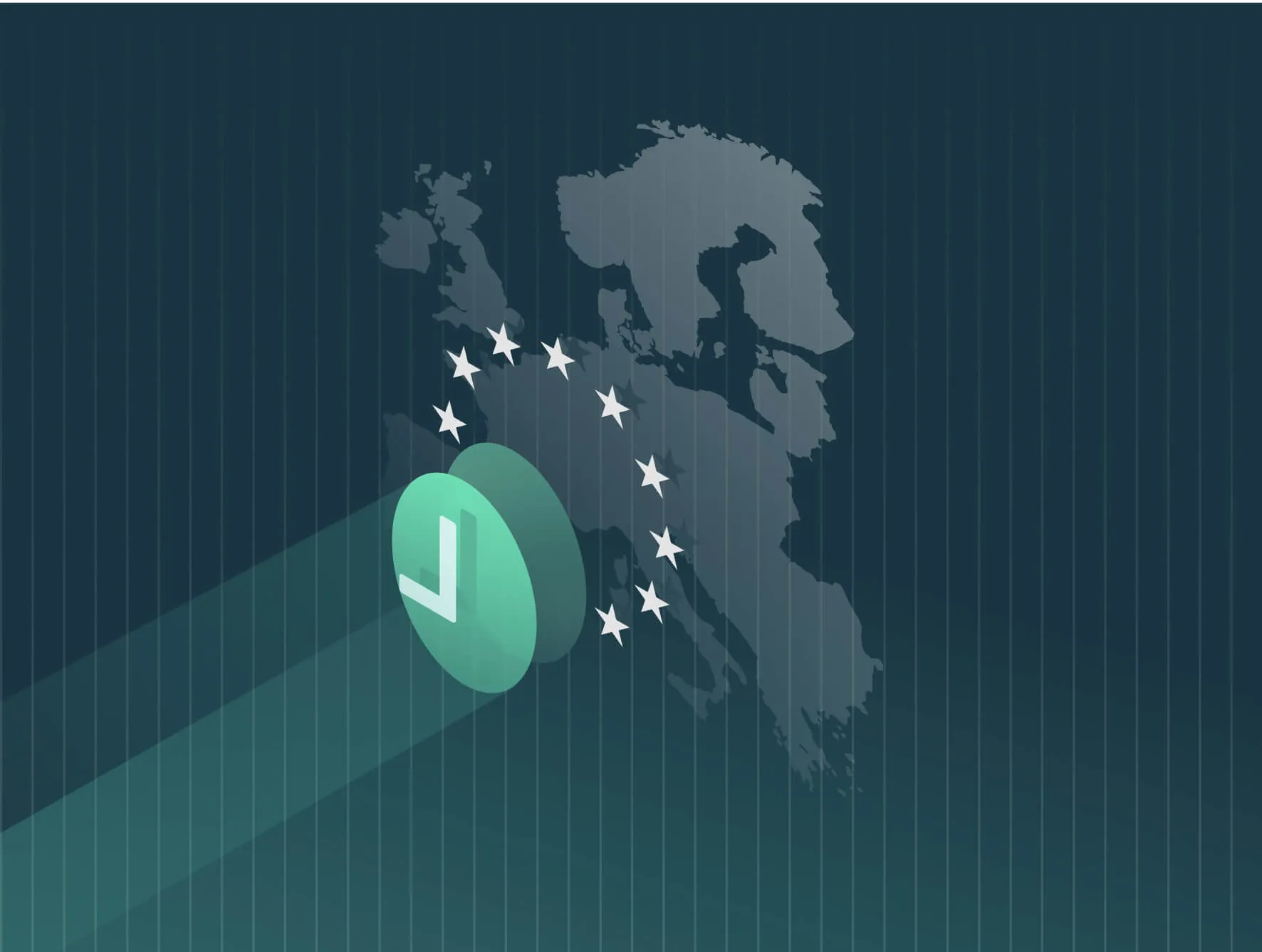On November 23, 2023, Brazil’s Ministry of Labor issued Federal Decree No. 11,795/2023. This update to Brazilian Labor Law regulates its “Equal Pay Law” 14,611 of July 3, 2023 and came into effect immediately.
Companies with 100 or more employees are now required to publish biannual salary transparency reports. In cases of pay disparities, employers must create action plans, with detailed goals, deadlines, and training programs. The decree also provides further clarity on labor law amendments.
Brazil’s push for gender pay equality
Like the US and much of the world, Brazil faces a long wait for gender pay equality at present rates of progress. While it is making big strides towards achieving equality, the country is still ”decades away from wage equality.” It’s estimated that women in the Brazilian workforce will not see equal pay until 2047. For Black Brazilians that date is pushed out to 2089.
Available data on the pay gap supports those estimates. Female workers in Brazil earn 21% less than men, according to data from the Inter-Trade Union Department of Statistics and Socioeconomic Studies (DIESSE). In sectors such as health, education, and social services, that gap widens to 32%.
Further, the WEF’s 2023 Global Gender Gap report ranks Brazil 110th for ”wage equality for similar work”. That’s out of 146 countries. Overall, Brazil is ranked 57th for equality (compared to the US in 43rd place).
Brazil Labor Code: ensuring equal pay for equal work
The Brazilian Constitution prohibits pay disparities relating to gender, age, ethnicity, and marital status. Article 461 of the Brazil Labor Code (Consolidação das Leis do Trabalho, “CLT”) guarantees equal pay for equal work when that work is performed for the same employer, without regard to gender, ethnicity, nationality or age. The CLT details employment laws relating to working hours, compensation, vacation time, and health and safety.
Brazilian labor law amendments
Law 14,611/23 requires private legal entities with 100 or more employees to submit salary transparency reports. Federal Decree 11,795/23 provides additional clarity on deadlines, minimum data required, and details of action plans:
- Salary transparency and remuneration criteria reports must be submitted biannually (every six months). Reports should provide objective comparisons of men’s and women’s pay. All personal data must be anonymized, in accordance with Brazil’s data privacy law (LGPD).
- Reports must be published in March and September of each year. Initial reports were scheduled for January 4, 2024, but that deadline is now extended to March 2024.
- Reports are to be made publicly available by posting on company websites and social media profiles or other appropriate channels. Submission is via a computerized tool provided by the Ministry of Labor and Employment.
Salary transparency reports: minimum information
Companies must provide details of the job role or occupation contained in the Brazilian Classification of Occupations (CBO), together with their respective duties. The CBO classifies jobs in hierarchical order, by task and skill content. In addition, the value of the information must be submitted:
(a) the contractual salary;
(b) the thirteenth salary (Christmas Bonus);
(c) gratuities;
(d) commissions;
(e) overtime;
(f) increased pay rates for night shifts and working in risky or hazardous conditions;
(g) vacation;
(h) the payments due during notice period;
(i) paid weekly time off;
(j) tips;
(k) any other payments to the employee stemming from current laws or collective bargaining agreements.
More detail is expected outlining the types of information required and the expected report format.
Action plan for wage inequality mitigation
Salary transparency reports submitted by employers will be analyzed by Brazil’s Ministry of Labor and Employment. If wage inequalities are identified, employers must create an action plan to close the pay gap, specifying goals and deadlines. Organizations must also create programs to include:
- training managers, leaders and employees on issues including gender equality in the labor market;
- promoting diversity and inclusion in the workplace;
- establishing training programs to enhance women’s entry into, and development within, the labor market, on equal terms with men;
- implementing a transparent pay structure.
Article 4 of Decree 14,611 also requires increased monitoring of wage discrimination and criteria remuneration between women and men.
Labor unions and employee representatives must be involved in preparing action plans to address wage inequality mitigation. Action plans must be created within 90 days of notification by the Ministry of Labor and Employment.
Penalties: Failure to comply may include an administrative fine of up to 3% of the company’s payroll, capped at 100 times the minimum wage. A dedicated channel for pay discrimination complaints will also be provided by the Ministry of Labor.
Employ + Women Program
Labor law amendments are also supported by Law No 14,457/2022 which incorporates the Employ + Women Program (Emprega + Mulheres Programa). Designed to strengthen protections for women in the workplace, the program offers employers options to support working women and families. These include flexible working for mothers of young children, and extended maternity leave. Additional measures are aimed at preventing sexual harassment and other forms of workplace violence.
Companies that meet the program’s required standards are awarded the Emprega + Mulheres label, identifying them as a preferred employer.
Steps to ensure equal pay for equal work
Time is running out for organizations to prepare the first salary transparency report, due in March 2024. Private companies with 100 employees or more can take effective measures now to prepare for compliance:
- Start by understanding the pay gaps in your organization. Conduct a pay equity audit to support the preparation of salary transparency reports. Trusaic PayParity carries out an intersectional pay equity audit to identify the root causes of pay disparities in pay and remuneration criteria.
- Carry out regular audits to comply with increased monitoring of wage discrimination required by Brazilian labor law amendments.
- Consider the impact of disclosing salary and remuneration data, which may require a cultural shift for some employers.
- Adopting a holistic approach in relation to salary transparency reports, and wage inequality mitigation is also recommended.
Prepare for compliance. Speak to one of our pay equity experts.









